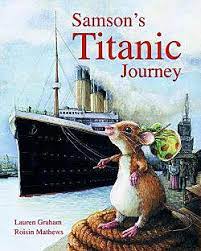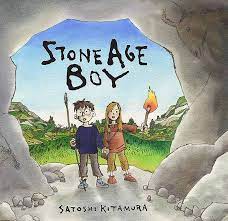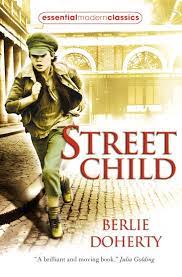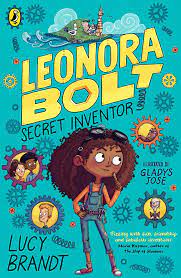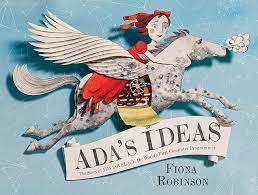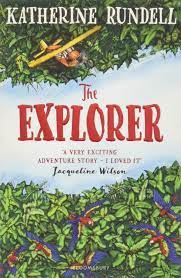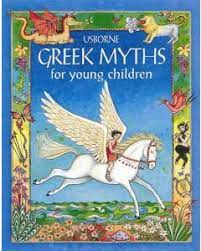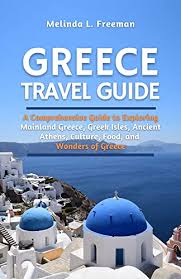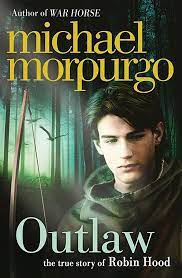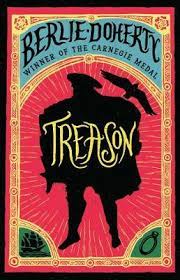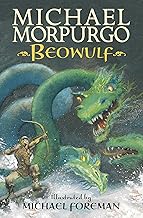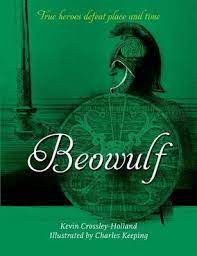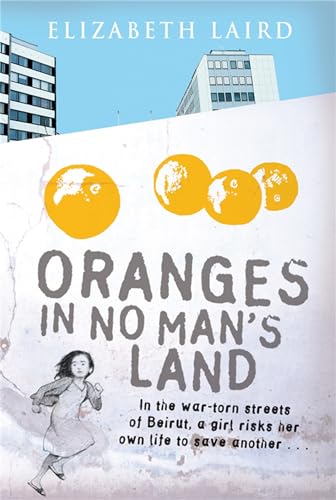Writing
Intent
At the New Forest Primary school, we believe that writing is not only a key life skill but one that underpins learning across the curriculum. Our aim is to give our young learners the ability to articulate their learning and their ideas but also the opportunities to see how these writing skills are applied in the outside world as part of their academic, spiritual and personal growth. To do this, we focus on the four purposes of writing: to entertain, to inform, to persuade and to discuss. Each of the genres we study is matched to the purpose to make clear the real-life application; we focus on the key features of each writing purpose, the related grammar and vocabulary and a variety of writing styles. We are determined to create and nurture a life-long enthusiasm for writing at our school and we value creativity as a pathway to building confident writers.
Implementation
We follow the 2014 National Curriculum and our expectation is that all children are showing progress in line with national expectations. It is the responsibility of each class teacher to monitor and ensure that this progress is made. The writing subject leader works with each teacher to monitor this progress and to ensure that sufficient challenge is given to each child. We are committed to inclusive learning and disadvantaged children are monitored closely and again priority is given to building the confidence of these writers. We have children within school who are working at a level of writing which is judged to be of ‘greater depth’ and, in addition to the opportunities provided within lessons, these children are exposed to ‘GD’ sessions throughout the school year. Regular opportunities for extended cross-curricular writing are provided during the year.
Handwriting
Handwriting is taught at Foundation Stage, KS1 and KS2 using a progressive approach. A cursive style is taught at an appropriate stage for the individual child; the aim is that the pupils will be writing in a cursive style by Year 2. Each handwriting lesson focusses on the seating and paper position, the pencil grip and warm-up exercises to develop strength, flexibility and core muscles; letter formation is demonstrated. Handwriting is taught on a Monday and then practised daily.
Spelling
Foundation Stage and KS1 follow the ‘Song of Sounds’ programme to teach phonics daily. At KS2, the use of phonics to teach spelling is built upon using the Jane Considine investigative approach. Weekly homework supports the teaching of spelling at both Key Stages. Writing Toolkits within each classroom include spelling resources while the Learning Walls display tiered vocabulary to support spelling in the different subjects. Precision Teaching interventions are in place to support children who find spelling challenging.
Vocabulary
One guided reading session each week is dedicated to developing and extending vocabulary. Each classroom has a Writing Toolkit which has resources to encourage the use of more adventurous vocabulary. Additionally, pupils have a vocabulary bookmark for each English unit of work, kept in their English book, with additional copies on the English learning wall.
Grammar
Grammar skills are taught through a combination of guided reading discussions, discrete grammar lessons and incorporation into extended writing tasks. The vocabulary bookmarks detail grammatical techniques that are particularly relevant to the genre of writing. Children are encouraged to speak in a grammatically correct way throughout the day, regardless of whether they are in lessons.
The Writing Process:
Writing is taught through the purpose of writing approach which categorises each genre as belonging to one of the four purposes of writing: to inform, to entertain, to persuade or to discuss. Writing to entertain is taught for at least 50% of the learning time in each year group. KS1 cover writing to entertain and writing to inform; lower KS2 also focus on writing to persuade while upper KS2 study all four purposes of writing. Units of work begin with a cold-write task to assess the known and new skills for the individual class. These are displayed on the learning wall and are detailed on the Writing Process sheet which follows the cold-write task in each pupil book. Lessons follow the new skills that have been identified, being taught through a variety of approaches including studying models in guided reading, short-focussed grammar tasks and modelled and shared writing. Elements of these lessons are carefully selected to build a learning wall detailing the writing journey, which is informative and referred to by the children. Each unit concludes with a hot-write task where pupils are required to apply the skills learnt to produce an extended piece of writing. Teachers use a range of methods to plan the learning for their children (including elements of various teaching frameworks including Talk for Writing) but co-creating writing with the children is a fundamental expectation in every classroom. We place emphasis on giving learners numerous, robust, methods fand we place emphasis on creating independent learners who are constantly self-editing and up levelling their own work.
|
Writing purpose and genre. |
Term 1 |
Term 2 |
Term 3 |
Term 4 |
Term 5 |
Term 6 |
|
Nursery |
To develop early mark making skills. |
|||||
|
Reception |
Inform: Write my name and letters
|
Inform: Write messages or list
|
Inform: Simple Caption
|
Inform: Write simple sentences
|
Entertain: Write simple sentence
|
Inform: Write simple stories
|
|
Year 1 |
Entertain: Story Inform: Instructions |
Inform: Recount Entertain: Diary
|
Entertain: Story Inform: Diary
|
Entertain: Story Entertain: Letter
|
Entertain: Poetry Entertain: Diary Inform: Recount
|
Inform: Instructions Inform: Recount
|
|
Year 2 |
Entertain: Poetry Entertain: Diary Inform: Recount
|
Inform: Instructions Entertain: Letter
|
Entertain: Diary Inform: Recount
|
Entertain: Story (descriptions) Inform: Diary
|
Inform: Instructions Entertain: Story
|
Inform: Recount Inform: Letter
|
|
Year 3 |
Inform: Biography Entertain: Poetry
|
Inform: Recount Entertain: Narrative (setting)
|
Entertain: Narrative (plot) Persuade: Letter
|
Inform: Explanation Persuade: Play Scripts (speech)
|
Entertain: Narrative (character) Persuade: Advert (poster)
|
Entertain: Narrative Inform: Newspaper
|
|
Year 4 |
Entertain: Character description Inform: Biography |
Entertain: Diary in character Inform: Explanation (two-page spread)
|
Entertain: Dialogue in narrative Inform: Instructions Persuade: Advert
|
Inform: Newspaper article Entertain: Poetry |
Persuade: Speech / letter Entertain: Narrative |
Entertain: Myth Persua de: Poster
|
|
Year 5 |
Entertain: Poetry Discuss: Balanced argument
|
Inform: Non chronological report Entertain: Narrative (setting)
|
Entertain: Narrative (character and plot) Inform: Newspaper report
|
Entertain: Playscripts (Shakespeare) Persuade: Essay
|
Discuss: Review of Paulton's Park Persuade: Speech Persuade: Advert |
Entertain: Playscripts Inform: Letter
|
|
Year 6 |
Inform: Explanation Entertain: Legend
|
Entertain: Historical fiction Entertain: War poetry
|
Inform: Biography Inform: Report |
Discuss: Balanced argument Entertain: Personification poetry
|
Entertain: Narrative Discuss: Book review Persuade: Speech
|
Discuss: Newspaper Entertain: Narrative
|
Impact
Teachers measure the impact of the curriculum through formative and summative assessment. From this assessment teachers will adapt and change their planning according to the needs of all of the children. Subject leaders will also measure the impact of the curriculum through learning walks, pupil voice and teacher surveys. Individual pupil data, in accordance with objectives within the National Curriculum, is collected and analysed three times a year. This data is recorded on the school’s electronic data base (INSIGHT) to monitor attainment and progress.




![The Very Hungry Caterpillar [Board Book]: Eric Carle](https://m.media-amazon.com/images/I/81seu48cujS._AC_UY218_.jpg)












